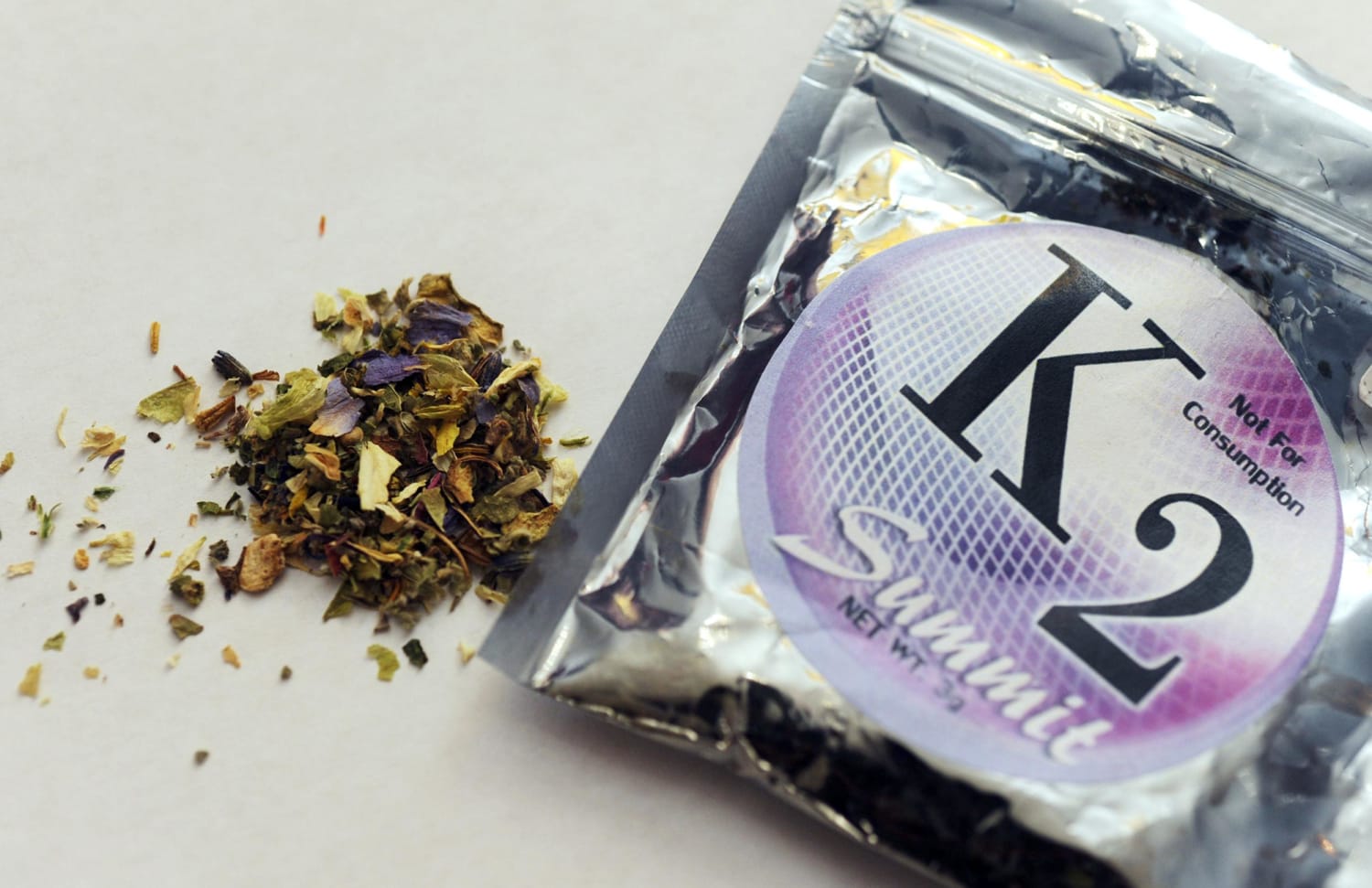Examining the Promising Applications and Favorable Impacts of Seasoning as an Artificial Cannabinoid
In current years, the expedition of synthetic cannabinoids, particularly Spice, has actually triggered appealing conversations within the medical and scientific areas. As study digs deeper into this artificial compound, discovering its similarities and differences with all-natural cannabinoids, a nuanced understanding of its benefits and challenges arises.
Restorative Potential of Seasoning
Discovering the restorative potential of Seasoning, an artificial cannabinoid, includes a crucial exam of its medicinal properties and possible medical applications. Spice, additionally referred to as synthetic marijuana, engages with the endocannabinoid system in a manner similar to natural cannabinoids, such as those located in cannabis. This communication results in numerous physiological results that have actually stimulated interest in its healing possibilities.
Studies have shown that Spice may have possible as an analgesic, helping to ease discomfort in conditions such as neuropathic discomfort or persistent inflammatory discomfort - Buy K2 Paper For Sale. Additionally, its communication with cannabinoid receptors offers an opportunity for exploring its usage in taking care of symptoms of conditions like several sclerosis or chemotherapy-induced nausea and vomiting

Pain Monitoring Benefits
Flavor, a synthetic cannabinoid, exhibits appealing potential in discomfort management because of its analgesic residential or commercial properties and communications with the endocannabinoid system. The analgesic residential or commercial properties of Flavor stem from its capability to modulate discomfort perception pathways, providing relief from various kinds of discomfort, including neuropathic, inflammatory, and nociceptive pain. By targeting the endocannabinoid system, Flavor can control pain signals, minimize swelling, and alleviate discomfort connected with persistent pain problems.
Studies have shown that Seasoning can effectively reduce pain strength and boost discomfort resistance in preclinical designs of pain. This synthetic cannabinoid has shown efficiency in taking care of discomfort signs and symptoms without creating considerable negative impacts typically related to traditional pain medicines. Furthermore, Flavor shows potential in minimizing opioid dependancy and abuse, supplying a more secure option for pain monitoring.
Neuroprotective Characteristics
Synthetic cannabinoids like Seasoning have actually been progressively recognized for their possible neuroprotective residential or commercial properties in mitigating neuronal damages and promoting mind health and wellness. Studies recommend that these substances may supply neuroprotection with various devices, consisting of antioxidant effects, anti-inflammatory residential or commercial properties, and modulation of neurotransmitter launch. By connecting with the endocannabinoid system in the mind, artificial cannabinoids can regulate neuronal activity and potentially lower the influence of neurodegenerative conditions or injuries.
One key aspect of the neuroprotective residential or commercial properties of Flavor is its ability to modulate excitotoxicity, a process in which extreme stimulation of nerve cells brings about cell damage or fatality. By regulating natural chemical launch and dampening excitotoxic signaling paths, artificial look what i found cannabinoids may assist safeguard neurons from unsafe overstimulation. Furthermore, the anti-inflammatory results of Spice might minimize neuroinflammation, which is typically linked in various neurological conditions.
Comparative Evaluation With All-natural Cannabinoids
In comparing the neuroprotective buildings of synthetic cannabinoids like Seasoning with those of all-natural cannabinoids, a nuanced assessment of their particular results on neuronal health is important. All-natural cannabinoids, such as those located in the cannabis plant, have been extensively examined for their neuroprotective results. These substances interact with the endocannabinoid system in the body, which plays an important function in keeping neuronal feature and protecting against neurodegenerative diseases.

Regulatory and Ethical Considerations
Thinking about the prospective ramifications on human health and wellness and wellness, an assessment of regulative and moral factors to consider bordering using artificial cannabinoids contrasted to natural cannabinoids is necessary. Artificial cannabinoids, like Spice, present one-of-a-kind challenges due to their often unidentified chemical structures and effectiveness variants. Governing bodies deal with the difficult task of staying on par with the fast development of brand-new artificial cannabinoid compounds, which can make it hard to implement consistent and efficient guidelines.

To resolve these governing and honest challenges, policymakers must focus on research study into the lasting impacts of synthetic cannabinoids and develop clear guidelines for their manufacturing, important link sale, and use. Additionally, education and learning projects are vital to inform the general public regarding the risks connected with artificial cannabinoids and promote accountable consumption techniques. By taking aggressive procedures, society can better secure versus the potential injuries positioned by synthetic cannabinoids while promoting honest criteria and securing public health.
Verdict
In final thought, the examination right into the therapeutic potential of spice as a synthetic cannabinoid has explanation shown promising results in pain administration and neuroprotection. Generally, the favorable influences of seasoning as an artificial cannabinoid warrant additional study and expedition in the clinical field.